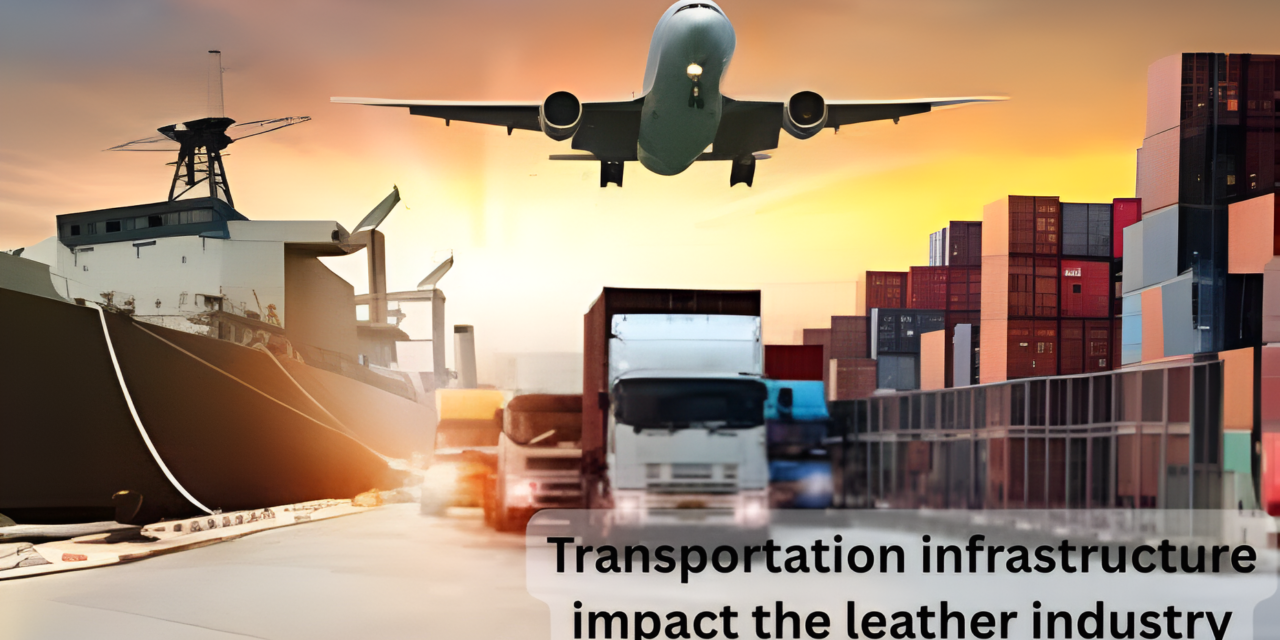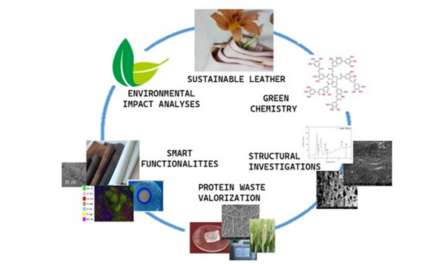Transportation infrastructure plays a crucial role in the success of the leather industry. Here’s how:
- Efficient Raw Material Sourcing: A well-developed transportation network ensures the timely and cost-effective movement of raw materials like hides and skins from livestock farms to tanneries. This minimizes spoilage and reduces production costs.
- Smooth Movement of Finished Goods: Efficient transportation is essential for delivering finished leather products to domestic and international markets. A robust network of roads, railways, and ports enables timely and cost-effective exports, enhancing the industry’s competitiveness.
- Accessibility to Markets: Good transportation infrastructure facilitates access to both domestic and international markets, allowing leather businesses to reach a wider customer base and expand their sales.
- Reduced Logistics Costs: Efficient transportation reduces logistics costs, making leather products more competitive in the global market. This is particularly important for export-oriented industries.
- Improved Supply Chain Management: A well-connected transportation network enables better coordination and management of the supply chain, ensuring the timely availability of raw materials and components, and minimizing disruptions in production.
- Attracting Investment: Good transportation infrastructure is a key factor in attracting investment to the leather industry. Investors are more likely to invest in regions with well-developed transportation networks, as it ensures efficient and cost-effective operations.
A robust and efficient transportation infrastructure is critical for the growth and success of the leather industry. It ensures the timely and cost-effective movement of raw materials and finished products, improves market access, reduces logistics costs, and enhances the overall competitiveness of the industry.







